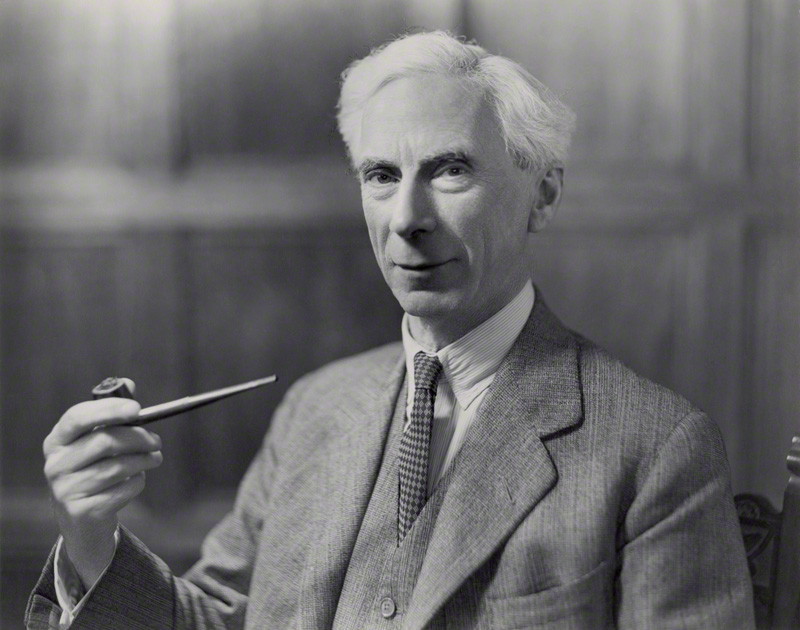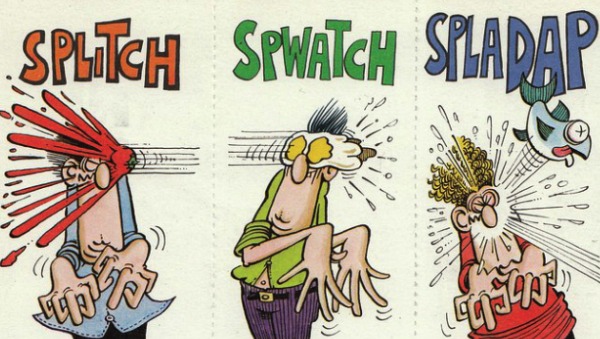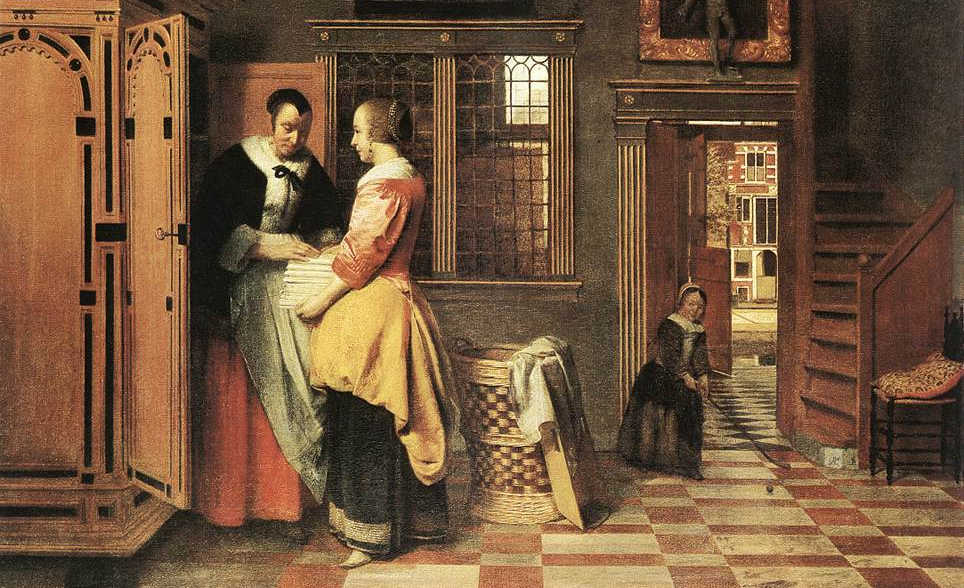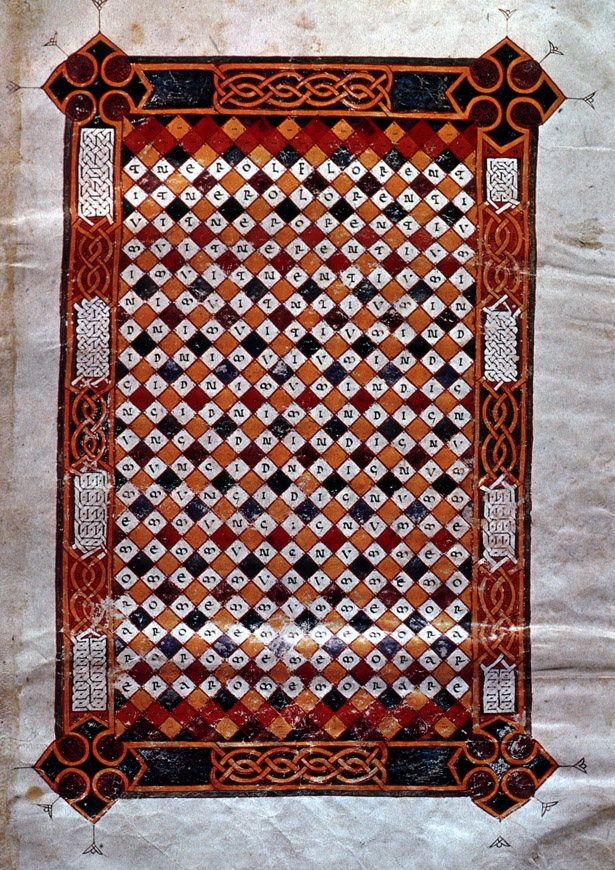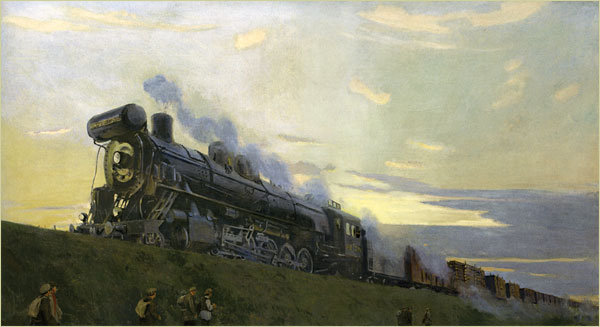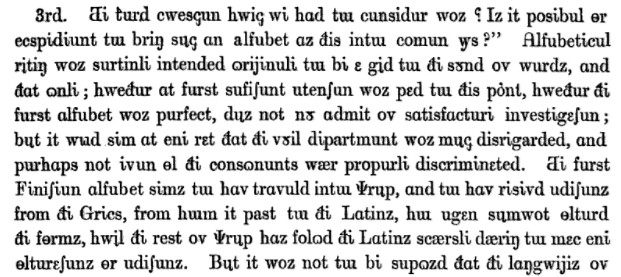Back in 2012 I mentioned that if A=1, B=2, C=3, etc., then ARM + BEND = ELBOW and KING + CHAIR = THRONE.
Peter Dawyndt of Ghent University challenged his students to come up with more, and they found these:
WHITE (65) + HOUSE (68) = GOVERNMENT (133)
PETER (64) + PAN (31) = NEVERLAND (95)
COMIC (43) + BOOK (43) = FANTASY (86)
ABSENT (61) + MINDED (49) = FORGETFUL (110)
BLOOD (48) + BATH (31) = MASSACRE (79)
DRUG (50) + ADDICT (41) = STONER (91)
MICRO (58) + SOFT (60) = COMPUTING (118)
RED (27) + BULL (47) = COCKTAIL (74)
EGG (19) + PLANT (63) = AUBERGINE (82)
CUSTARD (86) + CREAM (40) = BISCUITRY (126)
VISUAL (84) + BASIC (34) = MICROSOFT (118)
ENERGY (74) + DRINK (56) = JAGERMEISTER (130)
MONA (43) + LISA (41) = LEONARDO (84)
DOWN (56) + LOAD (32) = ITUNES (88)
BLACK (29) + JACK (25) = VEGAS (54)
SUN (54) + RISE (51) = HORIZON (105)
POLICE (60) + CAR (22) = PATROL (82)
CHURCH (61) + MAN (28) = RELIGION (89)
FAMILY (66) + TREE (48) = ANCESTORS (114)
HAND (27) + GUN (42) = MAGNUM (69)
RAIN (42) + BOW (40) = COLORS (82)
ANT (35) + LION (50) = DOODLEBUG (85)
BOTTOM (85) + LINE (40) = CONCLUSION (125)
BACK (17) + SLASH (59) = HYPHEN (76)
BILL (35) + FOLD (37) = MONEY (72)
URBAN (56) + LEGEND (47) = BULLSHIT (103)
CALL (28) + GIRL (46) = HARLOT (74)
STAR (58) + TREK (54) = VOYAGERS (112)
Names of famous people:
JOHN (47) + CLEESE (49) = HUMOUR (96)
TOM (48) + HANKS (53) = FORREST (101)
BOB (19) + MARLEY (74) = RASTAFARI (93)
KURT (70) + COBAIN (44) = NOVOSELIC (114)
NELSON (79) + MANDELA (50) = HUMANITARIAN (129)
EMMA (32) + WATSON (92) = VOLDEMORT (124)
JAMES (48) + BOND (35) = DANIEL (45) + CRAIG (38)
GEORGE (57) + LUCAS (56) = JAR (29) + JAR (29) + BINKS (55)
STEPHEN (87) + HAWKING (73) = TEXT (69) + TO (35) + SPEECH (56)
CLOCKWORK (111) + ORANGE (60) = STANLEY (96) + KUBRICK (75)
(Thanks, Peter.)

